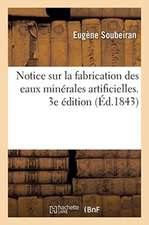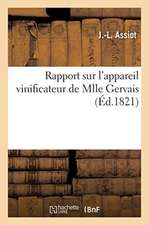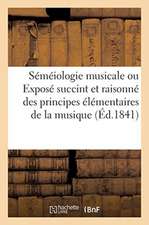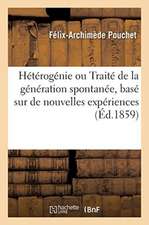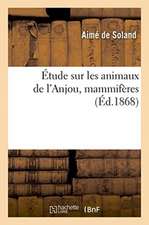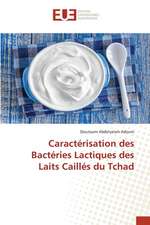Wetlands
Autor WJ Mitschen Limba Engleză Hardback – 12 iul 2023
Preț: 649.40 lei
Preț vechi: 801.74 lei
-19% Nou
Puncte Express: 974
Preț estimativ în valută:
124.26€ • 135.40$ • 104.71£
124.26€ • 135.40$ • 104.71£
Carte disponibilă
Livrare economică 02-16 aprilie
Livrare express 18-22 martie pentru 68.80 lei
Preluare comenzi: 021 569.72.76
Specificații
ISBN-13: 9781119826934
ISBN-10: 1119826934
Pagini: 672
Dimensiuni: 176 x 246 x 40 mm
Greutate: 1.36 kg
Editura: Wiley
Locul publicării:Chichester, United Kingdom
ISBN-10: 1119826934
Pagini: 672
Dimensiuni: 176 x 246 x 40 mm
Greutate: 1.36 kg
Editura: Wiley
Locul publicării:Chichester, United Kingdom
Notă biografică
William J. Mitsch, PhD, is Professor Emeritus in both the School of Environment and Natural Resources at The Ohio State University and in The Water School at Florida Gulf Coast University. Prior to OSU and FGCU, he held professorships at Illinois Institute of Technology and University of Louisville. His research and teaching focused on wetland ecology and biogeochemistry, wetland creation and restoration, ecological engineering and ecosystem restoration. He founded and was editor-in-chief for 25 years of the international journal Ecological Engineering and was a Stockholm Water Prize Laureate in 2004. Dr. Mitsch completed 85 graduate students through thesis or dissertation in his 47 years as a professor. James G. Gosselink, PhD (deceased), was Professor at the Center for Coast and Environment at Louisiana State University. In 1998 he received the Society of Wetland Scientists Lifetime Achievement Award. Christopher J. Anderson, PhD, is a professor of wetland ecology at the Auburn University College of Forestry, Wildlife and Environment. He specializes on coastal wetlands with an emphasis on functional changes related to land use, climate and hydrologic change. M. Siobhan Fennessy, PhD, is the Philip and Sheila Jordan Professor of Environmental Studies and Biology at Kenyon College. She is a wetland ecosystem ecologist studying the response of wetland plant communities and biogeochemical cycles to human disturbance, how that disturbance can be quantified and then reversed by ecological restoration, and the role of wetlands in climate mitigation.


